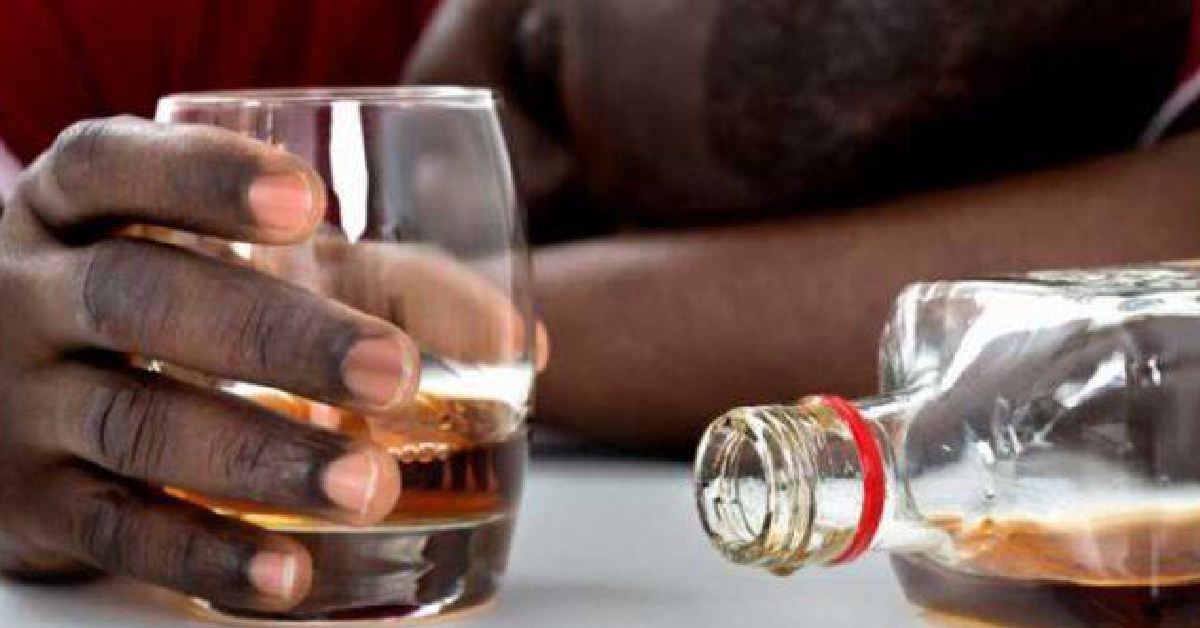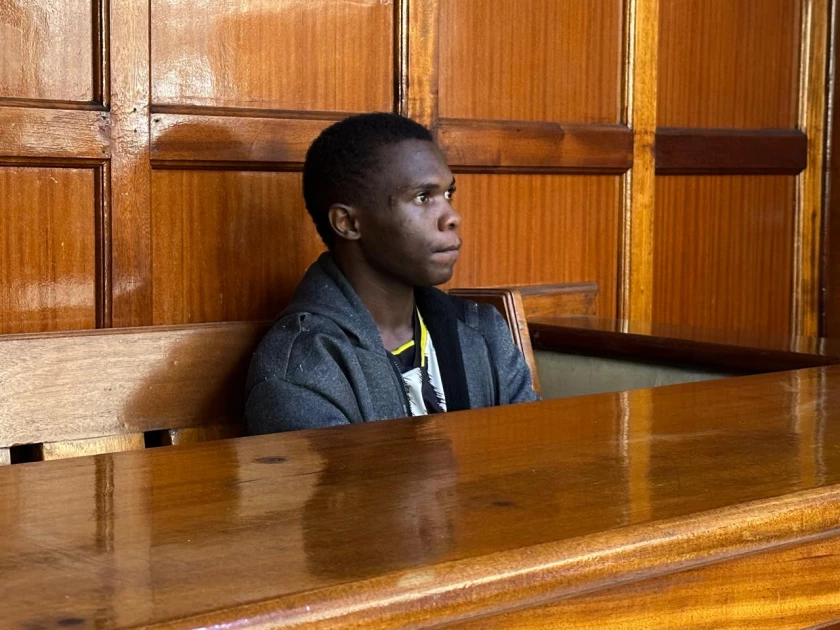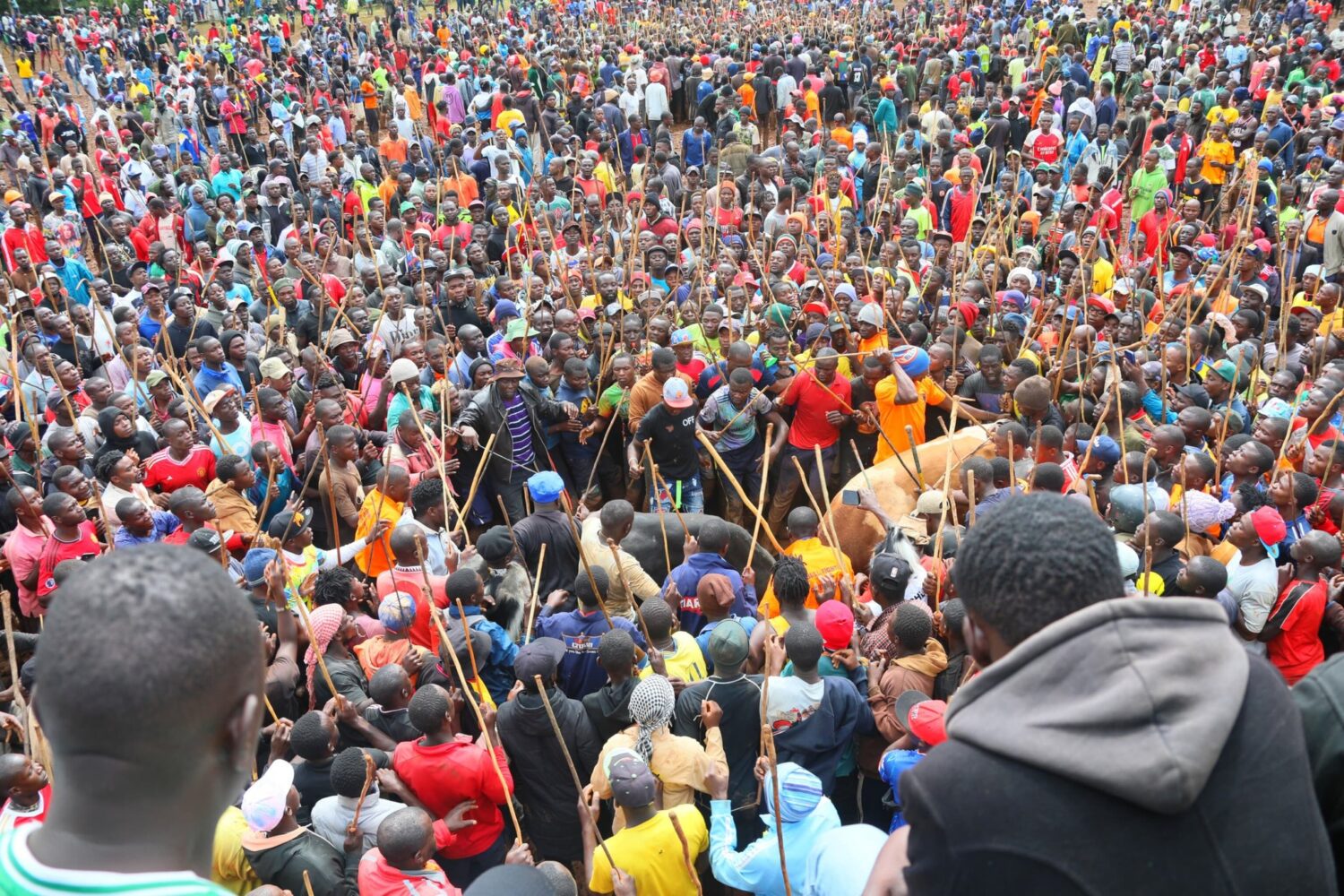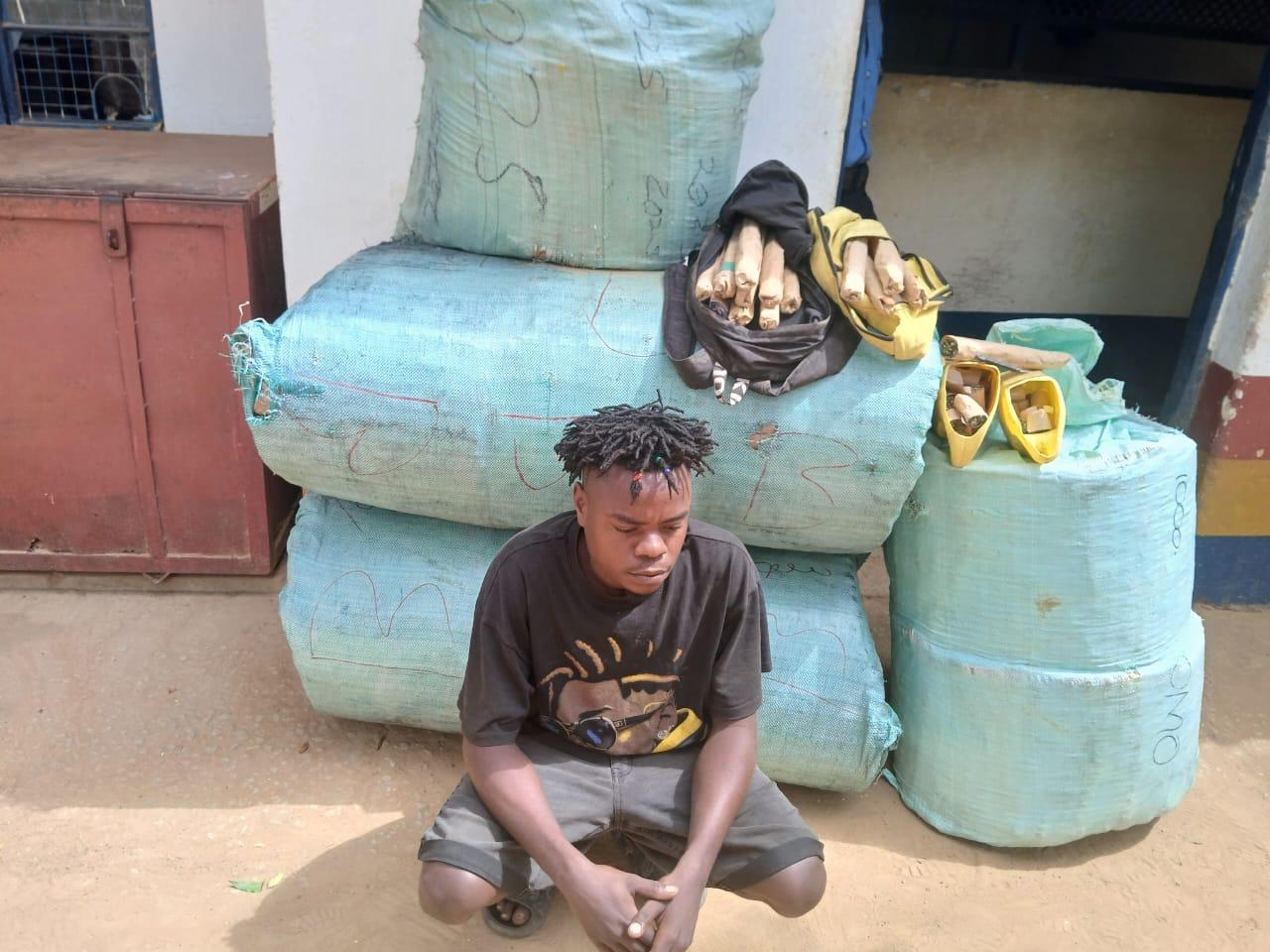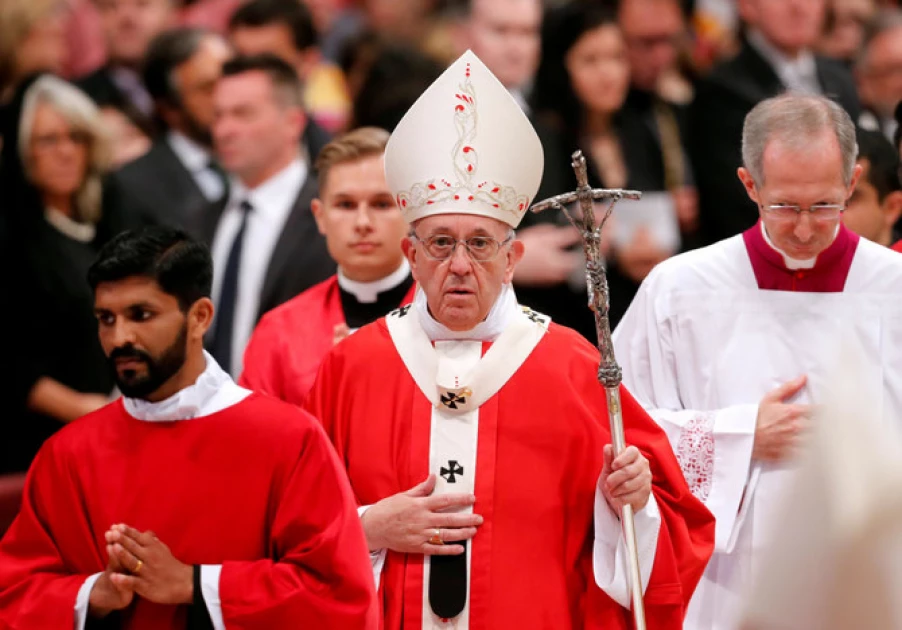A recent study has revealed that the Kenyan government loses over Ksh71 billion annually in revenue due to the consumption of illicit alcoholic beverages.
“The prevalence of illicit alcoholic products in the country continues to grow,” noted the Alcoholic Beverages Association of Kenya (ABAK).
According to research conducted in 2022 by Euromonitor International, approximately 59% of alcoholic drinks sold locally are illegal.
ABAK’s Public Policy Committee Chairperson, Zack Munyi, highlighted that this figure represents an increase compared to a 2018 World Health Organization study, which estimated the prevalence of illicit alcohol at 40%.
“Out of every 10 beers purchased, six are likely to be illicit,” said Munyi. He expressed concern over the significant public health risks posed by consuming unregulated liquor.
Speaking during a sensitization forum for senior police officers from Kirinyaga and Murang’a counties on Tuesday, Munyi emphasized the need for law enforcement to distinguish between legitimate and illicit alcohol. Officers were trained on identifying harmful brands currently infiltrating the market.
Munyi further disclosed that the value of the illicit alcohol market stands at approximately Ksh. 67 billion, while government revenue losses are estimated at Ksh. 71 billion.
However, he stressed that the association’s primary goal is not financial recovery but restoring the credibility of the alcohol industry.
He attributed the rise in illicit liquor production to high taxes on legitimate alcoholic products, which drive consumers to cheaper, illegal alternatives.
For instance, taxes account for about 51% of the price of a 250ml bottle of legitimate spirits.
“We support paying taxes, but when they exceed a certain threshold, they harm the industry,” Munyi said.
He praised the government for enacting the Tax Laws Amendment Act, which reduced taxes on wines and beers based on their alcohol content (Alcohol By Volume), promoting responsible drinking.
Munyi also identified lack of public awareness as a key driver of the illicit alcohol trade, a challenge ABAK is addressing through sensitization forums.
ABAK Chairperson, Samuel Matano, revealed that the association collaborates with law enforcement to intercept illegal alcohol products.
However, he lamented the leniency of court sentences, where offenders often pay fines and resume their operations.
“It’s a continuous cat-and-mouse game. The criminal justice system needs stricter penalties to deter such crimes,” Matano urged.


